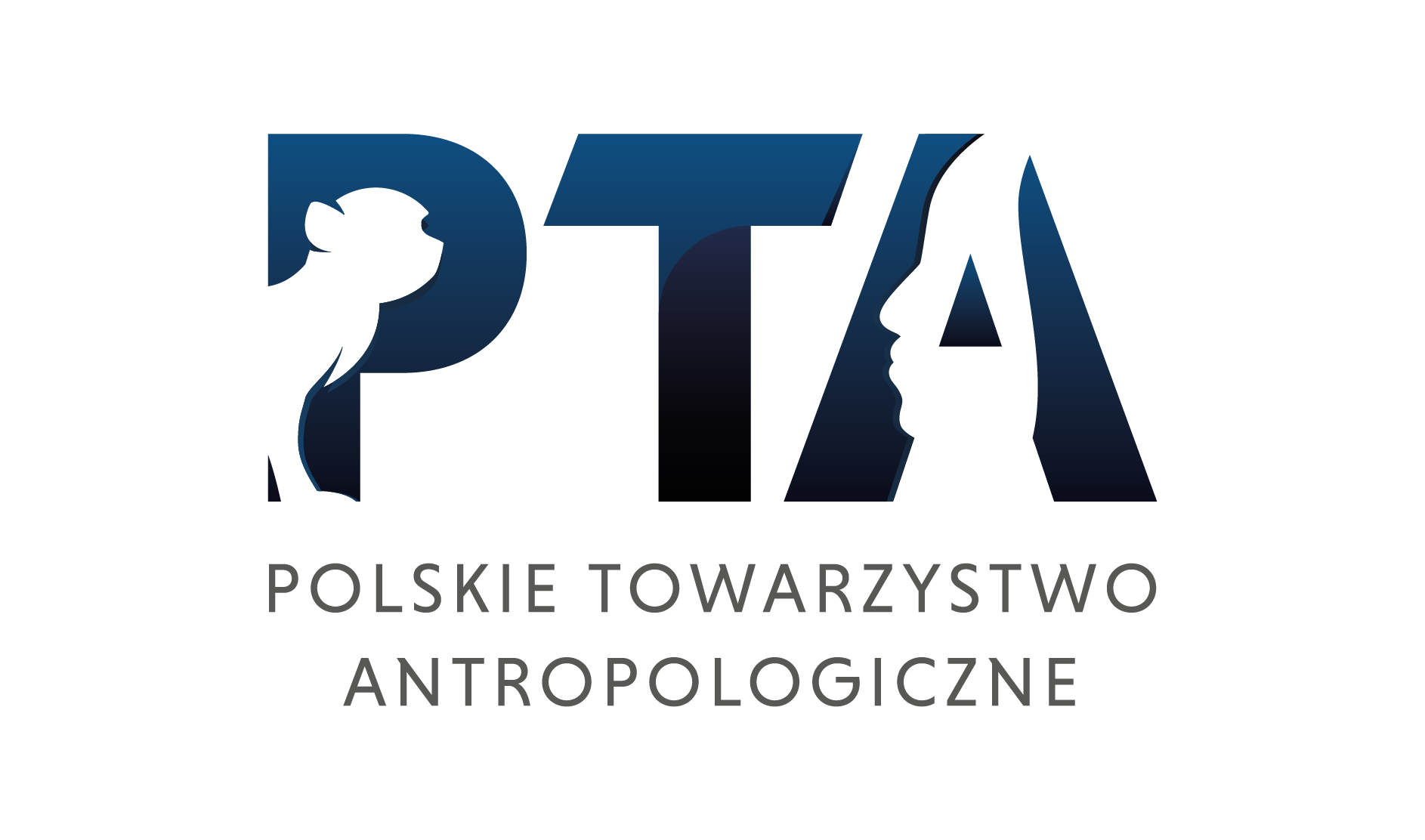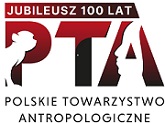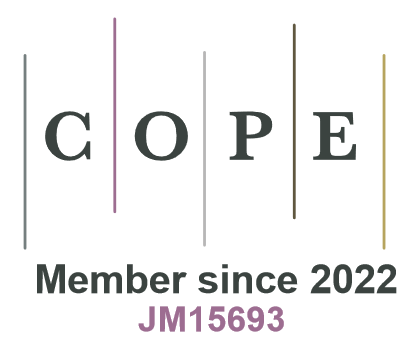Dread in Academia – how COVID-19 affects science and scientists
DOI:
https://doi.org/10.2478/anre-2020-0028Keywords:
COVID-19, academia, scientists, gender differences, pandemicAbstract
In order to gain an insight into scholars’ concerns emerging from the COVID-19 crisis, we asked scientists from all over the world about their attitudes and predictions regarding the repercussions of this current crisis on academia. Our data showed that the academic world was placed in an unprecedented situation. Results further showed that everybody worked on-line, conducting studies was impossible or highly impeded, and lab work was difficult. Almost a quarter of all scientists participating in our survey were anxious about their scientific employment, and over 25% expected serious financial losses as a consequence of the pandemic. Moreover, we identified sex differences regarding the severity of the COVID-19 impact in the majority of questions. We inferred from this that women perceived to be in a worse situation than men.
Downloads
References
Antecol H, Bedard K, Stearns J. 2018. Equal but inequitable: who benefits from gender-neutral tenure clock stopping policies? Am Econ Rev 108(9):242–1.
View in Google Scholar
Baldwin R, di Mauro B, editors. 2020. Economics in the Time of COVID-19. London: CEPR Press.
View in Google Scholar
Cardel MI, Dean N, Montoya-Williams D. 2020. Preventing a Secondary Epidemic of Lost Early Career Scientists: Effects of COVID-19 Pandemic on Women with Children. [pdf] Ann Am Thorac Soc. Available at: https://www.atsjournals.org/doi/pdf/10.1513/AnnalsATS.202006-589IP [Accessed 16 August 2020]
View in Google Scholar
Cech EA, Blair-Loy M. 2019. The changing career trajectories of new parents in STEM. PNAS 116(10):4182–7.
View in Google Scholar
Goulden M, Mason MA, Frasch K. 2011. Keeping women in the science pipeline. Ann Am Acad Pol Soc Sci 638(1):141–62.
View in Google Scholar
Karwowski M, Kowal M, Groyecka A, Białek M, Lebuda I, Sorokowska A, et al. 2020. When in danger, turn right: Does covid-19 threat promote social conservatism and right-wing presidential candidates. Hum Ethol 35:37–48.
View in Google Scholar
Kawano S, Kakehashi M. 2015. Substantial impact of school closure on the transmission dynamics during the pandemic flu H1N1-2009 in Oita, Japan. PloS one 10(12):e0144839.
View in Google Scholar
Korbel JO, Stegle O. 2020. Effects of the COVID-19 pandemic on life scientists. Genome Biol 21(112):1–5.
View in Google Scholar
Kowal M, Coll-Martín T, Ikizer G, Rasmussen J, Eichel K, Studzinska A, et al. 2020. Who is the Most Stressed During the COVID-19 Pandemic? Data From 26 Countries and Areas. Applied Psych: Health and Well-Being.
View in Google Scholar
Lieberoth A, Lin S, Stöckli S, Han H, Kowal M, Stavroula C, et al. 2020. Stress and Worry in the 2020 Coronavirus Pandemic: Relationships to Trust and Compliance with Preventive Measures across 45 Countries. Registered Report accepted at the Royal Society for Open Science, final paper currently under-review. Available at: https://osf.io/vz73d/ [Accessed 16 August 2020].
View in Google Scholar
Markel H, Lipman HB, Navarro JA, Sloan A, Michalsen JR, Minna Stern A, et al. 2007. Nonpharmaceutical interventions implemented by US cities during the 1918–1919 influenza pandemic. JAMA 298(6):644–54.
View in Google Scholar
Myers KR, Tham WY, Yin Y, Cohodes N, Thursby JG, Thursby MC, et al. 2020. Unequal effects of the COVID-19 pandemic on scientists. Nat Hum Beh 1–4.
View in Google Scholar
Jaume D, Willén A. 2019. The long-run effects of teacher strikes: evidence from Argentina. J Labor Econ 37(4):1097–139.
View in Google Scholar
Johnston E, Barnett A, Bhaskaran M, Broad-foot L, Burrows G, Evans K, et al. 2020. What impact is the COVID-19 pandemic having on women in the science, technology, engineering and maths (STEM) workforce?. [pdf] Available at: https://www.science.org.au/sites/default/files/rrif-covid19-women-stem-workforce.pdf [Accessed 16 August 2020]
View in Google Scholar
Singh RN, Hurley D. 2017. The effectiveness of teaching and learning process in online education as perceived by university faculty and instructional technology professionals. Int J Technol Learn 6(1):65–75.
View in Google Scholar
Staniscuaski F, Kmetzsch L, Zandona E, Reichert F, Soletti RC, Ludwig Z, et al. 2020. Gender, race and parenthood impact academic productivity during the COVID-19 pandemic: from survey to action. [pdf] bioRxiv. Available at: https://doi.org/10.1101/2020.07.04.187583 [Accessed 16 August 2020].
View in Google Scholar
Sorokowski P, Groyecka A, Kowal M, Sorokowska A, Białek M, Lebuda I, et al. 2020. Can information about pandemics increase negative attitudes toward foreign groups? A case of COVID-19 outbreak. Sustainability 12(12):4912.
View in Google Scholar
Westfall RS. 1999. Isaac Newton English physicist and mathematician. [pdf] Britanica. Available at: https://www.britannica.com/biography/Isaac-Newton [Accessed 16 August 2020].
View in Google Scholar
World Health Organization. 2020. Corona-virus disease (COVID-2019) situation reports. [pdf] Available at: https://www.who.int/emergencies/diseases/novel-coronavirus-2019/situation-reports [Accessed 12 August 2020].
View in Google Scholar
Vandebroek I, Pieroni A, Stepp JR, Hanazaki N, Ladio A, Alves RRN, et al. 2020. Reshaping the future of ethnobiology research after the COVID-19 pandemic. Nature Plants 6(7):723–30.
View in Google Scholar
Downloads
Published
How to Cite
Issue
Section
License

This work is licensed under a Creative Commons Attribution-NonCommercial-NoDerivatives 4.0 International License.








